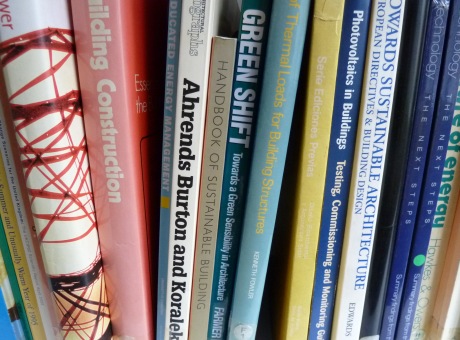Technology limits for reducing EU transport sector CO2 emissions

1 January 2012
Using a new data set describing the techno-economic characteristics of current and projected future transport technologies and a synthesis of existing transport demand models, lifecycle CO2 emissions from 27 EU countries (EU27) were estimated in the absence and presence of new policy interventions to 2050. Future CO2 emissions are strongly dependent on geographical scope and economic growth assumptions, and to a lesser extent on uncertainties in technology characteristics, but in the absence of new policy intervention they continue to rise from present-day values in all three scenarios examined. Consequently, EU27 emissions goals, which may require a 60% decrease in transport sector greenhouse gas emissions from year-1990 values by 2050, will be difficult to meet. This is even the case under widespread adoption of the most promising technologies for all modes, due primarily to limitations in biofuel production capacity and a lack of technologies that would drastically reduce CO2 emissions from heavy trucks and intercontinental aviation. © 2012 American Chemical Society.
Technology limits for reducing EU transport sector CO2 emissions. Environmental Science and Technology, 46 (9), 4734-4741.
Dray, L.M., Schäfer, A., Ben-Akiva, M.E. (2012)
The full text of this article is not available through UCL Discovery.
 Close
Close

